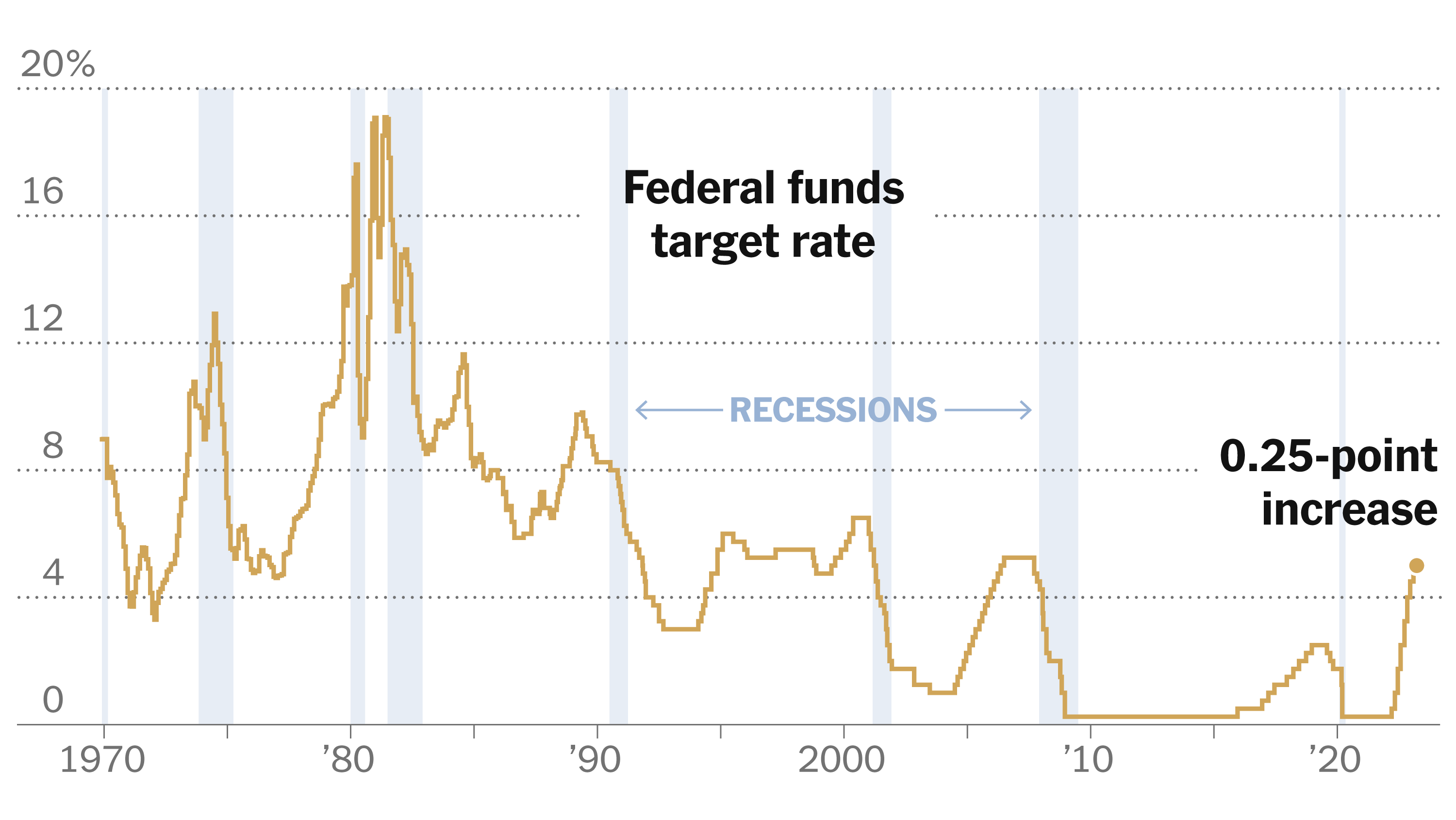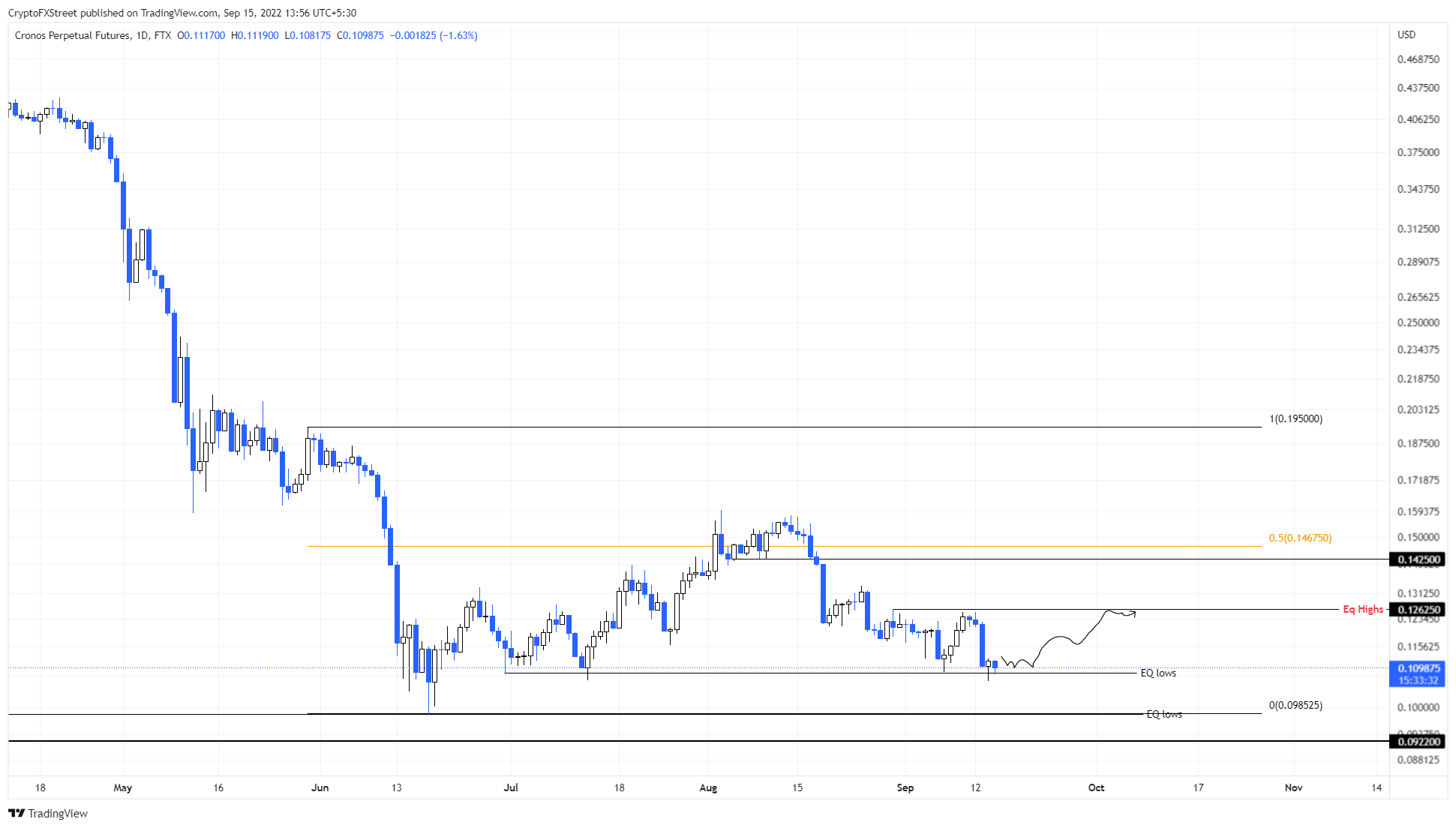The Zuckerberg-Trump Era: How Will Facebook Adapt?

Table of Contents
The Legacy of Political Advertising and Misinformation
The impact of Facebook on the 2016 US Presidential election is undeniable. This period highlighted the vulnerability of social media platforms to manipulation and the spread of false information.
The 2016 Election and its Aftermath
- Cambridge Analytica scandal: The harvesting of user data by Cambridge Analytica and its use in targeted political advertising exposed significant flaws in Facebook's data privacy practices.
- Russian interference: The revelation of Russian interference campaigns using Facebook to spread propaganda and sow discord raised serious concerns about the platform's role in democratic processes.
- Impact on election results: The extent to which misinformation and foreign interference influenced the 2016 election results remains a subject of intense debate and ongoing research.
- Initial Facebook response: Facebook's initial response to these revelations was criticized as inadequate and slow, further fueling concerns about its accountability.
Evolving Regulations and Scrutiny
The aftermath of the 2016 election ushered in a new era of increased regulatory scrutiny for Facebook. Governments worldwide are enacting legislation to increase transparency and accountability in political advertising on social media platforms.
- Changes in ad transparency: Facebook has implemented changes to its ad transparency policies, requiring more disclosure of who is paying for political ads. However, loopholes and enforcement challenges remain.
- New regulations in various countries: The EU's General Data Protection Regulation (GDPR) and other international regulations are forcing Facebook to adapt its data handling practices and increase user control.
- Ongoing legal battles: Facebook faces ongoing legal battles and investigations related to its handling of political advertising and data privacy.
Facebook's Response to Misinformation
Facebook has invested significantly in combating misinformation, but the challenge remains immense.
- Effectiveness of fact-checking: While fact-checking initiatives have helped reduce the spread of some false information, their effectiveness is limited by the sheer volume of content and the speed at which misinformation spreads.
- Limitations of algorithms: Algorithms designed to detect and remove misinformation are constantly evolving, but they struggle to keep pace with sophisticated disinformation campaigns.
- Challenges in identifying and removing misinformation: Identifying and removing misinformation is a complex and resource-intensive process, particularly given the prevalence of subtle forms of manipulation and the challenges of cross-lingual detection.
Content Moderation and Free Speech Debates
Facebook’s role in content moderation has become a central point of contention. The platform grapples with balancing the principles of free speech with the need to protect users from harmful content.
The Balancing Act
The line between free speech and harmful content is constantly shifting. This necessitates a nuanced approach that avoids over-censorship while protecting vulnerable users.
- Defining hate speech: The definition of hate speech varies across cultures and legal systems, making consistent enforcement challenging.
- Censorship concerns: Critics accuse Facebook of censorship, particularly when content is removed that doesn't explicitly violate its community standards.
- Differing perspectives on content moderation: There are starkly contrasting views on the appropriate level of content moderation, with some advocating for minimal intervention and others calling for stricter rules.
Community Standards and Enforcement
Facebook's community standards are intended to provide clear guidelines for acceptable content. However, inconsistent enforcement remains a significant criticism.
- Criticisms of inconsistent enforcement: Users often report inconsistencies in how community standards are applied, leading to accusations of bias and unfairness.
- Biases in moderation: Algorithmic and human biases can affect content moderation decisions, leading to disproportionate removal of certain types of content.
- The role of AI in content moderation: While AI plays an increasingly important role in content moderation, its limitations and potential for bias require careful oversight.
Transparency and Accountability
Greater transparency and accountability in Facebook’s content moderation practices are vital for building trust.
- Public access to moderation policies: Making moderation policies more accessible and understandable would improve transparency.
- Appeals processes: Clear and effective appeals processes are essential for users who believe their content has been unfairly removed.
- Independent audits: Independent audits of Facebook's content moderation practices could help identify and address biases and inconsistencies.
The Future of Facebook in a Politically Charged World
Facebook must adapt to survive and thrive in this evolving landscape. This requires proactive strategies and a commitment to responsible platform governance.
Adapting to Changing Landscapes
To remain relevant, Facebook must invest in innovative solutions and strengthen partnerships.
- Investing in AI-powered moderation: Advanced AI can help identify and remove harmful content more efficiently and accurately.
- Strengthening partnerships with fact-checkers: Collaboration with independent fact-checkers is essential to combat the spread of misinformation.
- Improving user education: Educating users about misinformation and media literacy is crucial for empowering them to make informed decisions.
The Role of Social Media in Democracy
The role of social media in democratic processes continues to be debated. Facebook has a responsibility to facilitate healthy online discourse and combat polarization.
- Promoting healthy online discourse: Facebook can invest in features and tools that promote respectful dialogue and constructive debate.
- Combating polarization: Addressing the issue of echo chambers and algorithmic filtering is vital for reducing political polarization.
- Fostering civic engagement: Facebook can play a positive role in encouraging civic participation and providing access to accurate information about elections and political issues.
Long-Term Sustainability
The long-term sustainability of Facebook's business model hinges on its ability to navigate regulatory challenges and maintain public trust.
- Diversification of revenue streams: Reducing reliance on advertising revenue and exploring new revenue models is essential for long-term sustainability.
- Investments in new technologies: Investing in emerging technologies such as blockchain and decentralized platforms could provide new opportunities.
- Changes to business priorities: A shift in business priorities towards ethical considerations and social responsibility is necessary to build trust and long-term sustainability.
Conclusion
The Zuckerberg-Trump era has profoundly impacted Facebook, highlighting the platform’s vulnerability to manipulation and the urgent need for responsible practices. The challenges are multifaceted, encompassing political advertising, misinformation, content moderation, and evolving regulatory landscapes. Facebook’s future hinges on its ability to adapt, investing in innovative solutions, promoting transparency and accountability, and fostering healthy online discourse. We must continue to engage in discussions about the future of Facebook and its role in our increasingly digital world. Let's continue the conversation about the Zuckerberg-Trump era and what it means for the future of social media. Share your thoughts in the comments below and continue the important discussion surrounding Facebook's role in shaping our political landscape.

Featured Posts
-
 Taca Guanabara El Golazo De Arrascaeta Que Decidio La Final Para Flamengo
May 08, 2025
Taca Guanabara El Golazo De Arrascaeta Que Decidio La Final Para Flamengo
May 08, 2025 -
 Chinas Rate Cuts And Eased Bank Lending A Response To Tariffs
May 08, 2025
Chinas Rate Cuts And Eased Bank Lending A Response To Tariffs
May 08, 2025 -
 Celtics Coach On Jayson Tatums Wrist Latest Injury Update
May 08, 2025
Celtics Coach On Jayson Tatums Wrist Latest Injury Update
May 08, 2025 -
 Andor Season 2 Timeline And The Possibility Of Rebels Crossovers
May 08, 2025
Andor Season 2 Timeline And The Possibility Of Rebels Crossovers
May 08, 2025 -
 Trump Media And Crypto Com Partner On Etf Launch Cro Price Soars
May 08, 2025
Trump Media And Crypto Com Partner On Etf Launch Cro Price Soars
May 08, 2025
